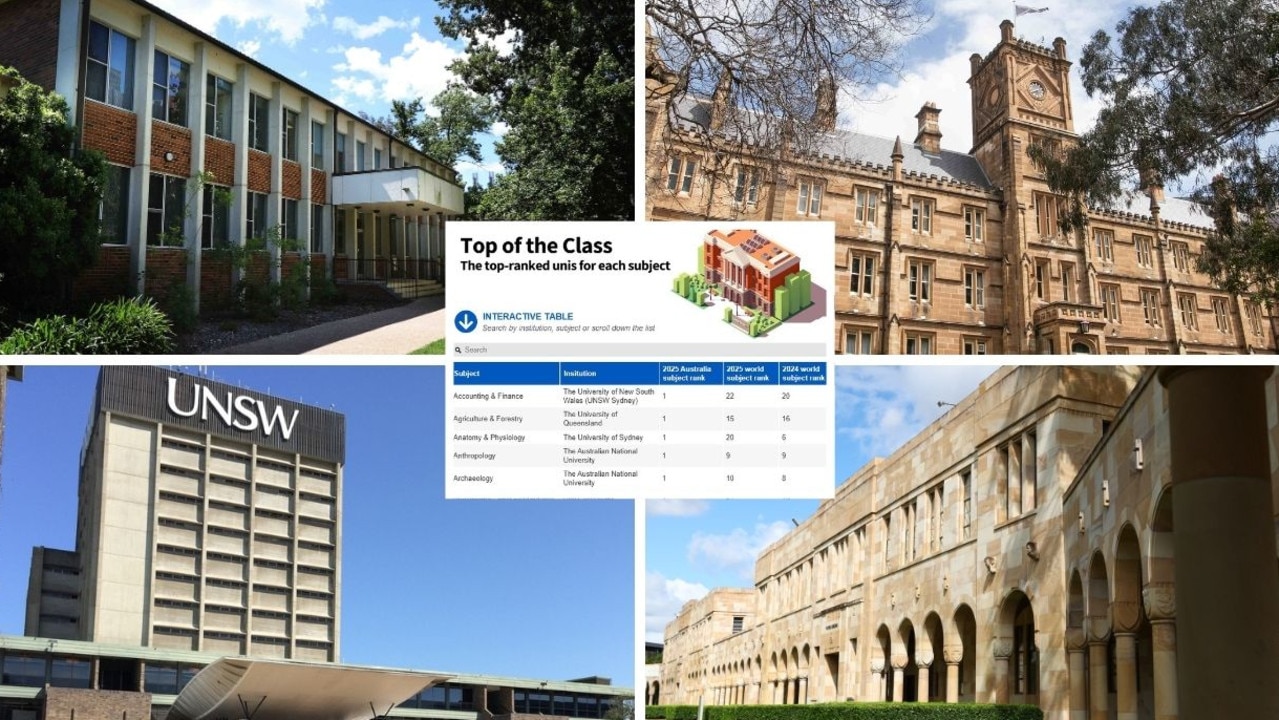Advertiser/7NEWS special report into sexual abuse and harassment at Adelaide’s universities
Reports of online stalking, sexual harassment and cyber-bullying from students at Adelaide’s three universities rose during the pandemic, an investigation reveals.
Tertiary
Don't miss out on the headlines from Tertiary. Followed categories will be added to My News.
Reports of online sexual harassment increased across South Australia’s major universities and community as classes went digital at the onset of the COVID-19 pandemic, a joint Advertiser/7NEWS investigation reveals.
Australia’s eSafety Commissioner Julie Inman Grant said cyber abuse spiked across all reporting areas in 2020 and had remained elevated this year, even as face-to-face teaching returned in universities and schools.
Ms Inman Grant said the 18-24 age group experienced the highest levels of abuse, disproportionately directed toward women and girls.
She said young people were vulnerable because they were often at university or living out of home for the first time, so their usual support networks were at their lowest.
Freedom of Information documents show 141 reports of sexual harassment and abuse – including online – at Adelaide, Flinders and UniSA in little more than two years: Equivalent to more than one per week.
The rise in cyber bullying and other online harassment, particularly on social media, created enforcement challenges for universities because most incidents occurred outside their learning platforms.
Concerns about under-reporting of incidents also were aired by victim advocates, who said processes were cumbersome and unresponsive.
Education Minister John Gardner said both students and educators deserved to study in a safe environment.
The documents reveal:
■ Expulsion of a male Flinders student for online sexual harassment of a female staff member, after a police report and board of inquiry hearing.
■ Restriction from parts of the campus of a male Flinders student after a complaint from a female student, in a case involving online and on-campus harassment.
■ A formal warning for an Adelaide student after a complaint from another student about being sexually harassed on social media. The complainant was referred to counselling support.
■ Another warning to stop inappropriate off-campus behaviour issued to a male Adelaide student who allegedly sexually harassed another student online. The complainant also was referred to counselling.
■ Nursing students were subjected to sexual harassment in 2019 by one male Flinders student, who was given a formal warning.

Ms Inman Grant said non-consensual sharing of intimate images had jumped by 114 per cent in 2020, reports of illegal content had increased by 90 per cent (mostly child sexual abuse material) and cyber bullying of children and adults had risen by 30 and 39 per cent respectively.
“Around 70 per cent of young women and girls have experienced some form of online abuse, whether it be cyber bullying, image-based abuse or adult cyber abuse,” she said. “This online abuse is invasive and pervasive, often sexualised and violent in nature, and ultimately intended to cause fear and distress.”
Ms Inman Grant highlighted several safety resources produced by her office, including eSafety Guide, eSafety Women program, parents’ guide, Protecting Voices at Risk Online and toolkits for universities and schools.
Flinders University senior deputy vice-chancellor Professor Clare Pollock said an increase in reports of potentially inappropriate behaviour occurred when students were studying virtually during the COVID-19 lockdown.
“The reports of concerning behaviour included some students who set up informal online groups on apps outside of the university’s learning platforms,” she said.
“Whilst we can set rules for the acceptable use of the university’s online tools it is much harder to enforce the appropriate use of other platforms and apps. We had to assess if we had jurisdiction in these matters on a case-by-case basis and, as much as possible, work with students to address concerns, as bad cyber behaviour can have the potential to affect both learning and student welfare.”
Professor Pollock said the reports of online harassment had declined since face-to-face teaching resumed but the university was continuing to review student behaviour.
Flinders’ documents showed 69 reports, or notifications of concern. Of these, 21 became complaints, when matters are formally lodged with the university for action.
Adelaide University reported a “small increase” in cyber bullying last year on private social media that was generally “non-university related”.
A spokesperson said 13 of the 31 reports involving students at Adelaide were “non-university-related”. None of the on-campus incidents involved sexual assault.
“The University of Adelaide has zero tolerance for sexual harassment and assault (and) offers support to students no matter where an incident occurs,” the spokesperson said.
“Every student who accesses confidential counselling through University Counselling Support is provided with information and support to make a formal report to the university and/or SAPOL.
“Students are also supported to report such incidents to the relevant social media provider where appropriate. The university’s capacity to address student comments is confined to university teaching programs, research and university-related activities or events.”
A UniSA spokeswoman said the university was aware of a small number of incidents of online harassment, which were addressed on a “case-by-case basis”.





